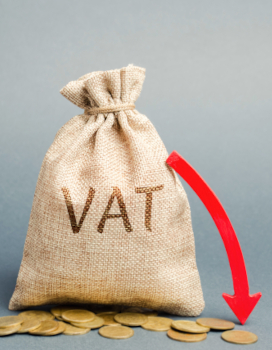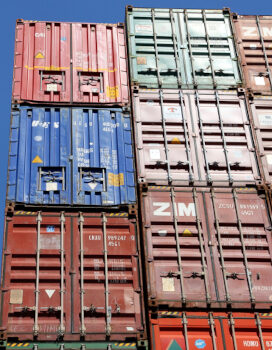At its session on 9 March 2023 the Parliament of the Republic of Poland adopted the long-awaited amendment to the Act of 20 May 2016 on investments in wind power plants (Journal of Laws 2021, item 724; hereinafter: the Distance Law, Act H10). On 14 March 2023 the Polish President signed the aforementioned law. Work on the amendment has been ongoing since the beginning of 2020, and we have informed you about its progress in a number of articles (e.g. Draft amendment to the Act 10H approved by the government, Work on the amendment of the Distance Law is still ongoing, Amendment of the Distance Law as an opportunity for green energy)
In this article we are discussing the final form of the adopted amendments.
Author: Admin
On 26 May 2021, as a result of the lack of compromise on some crucial points of the draft agreement, the Swiss authorities decided not to sign the institutional agreement with the European Union. Thus, the negotiations between the European Union and Switzerland ended in failure and the institutional agreement aimed at secured Switzerland’s barrier-free access to the EU internal market and enabling its expansion was not signed.
15 October 2020 the Court of Justice of the European Union (CJEU) has passed an important sentence (ref. C-335/19), concerning the possibility of applying relief for bad debts and the incompatibility of Polish VAT regulations with EU law in this area.
On 29 October, Polish Vice-Minister of Finance @Jan Sarnowski and Dutch Ambassador Daphne Bergsma signed the Protocol amending the Convention on the avoidance of double taxation with regard to taxes on income.
The changes take into account Poland’s tax policy and the solutions provided for in the OECD BEPS (Base Erosion and Profit Shifting) project in terms of sealing the international tax system and combating tax fraud.
It often happens that goods of a Polish or foreign entrepreneur are delivered to a warehouse located in Poland, and from there the further sales (including foreign sales) are planned. Sales to private individuals from Poland abroad (B2C) are so-called distant sale to a person who is not a VAT payer. In this situation some entrepreneurs wonder when VAT shall be paid in Poland and under what circumstances in the destination country. This question is important because possible omissions in this respect may lead to liability for non-payment of the tax due. Entrepreneurs should also think about the documents used to confirm payment of VAT due abroad in order to avoid additional taxation in Poland.
On 1st July, the regulations implementing the provisions of the EU Directive 2018/1910 (the so-called quick fixes package) concerning, among others, the sale of goods using the call-of-stock procedure entered into force. The mentioned directive unified the regulations of EU countries, among other things, with regard to the rules of taxation of supply of goods to other EU countries. Thanks to the new regulations, companies moving products from one EU country to another for later sale will avoid the obligation to additionally register as VAT payers in the country of destination of goods.
The transfer pricing regulations in force since January 2019 have introduced numerous changes in this respect, such as for example:
- new documentation thresholds,
- the obligation for related entities to submit information on transfer prices TPR-C (legal persons) or TPR-P (natural persons) to the Head of the National Fiscal Administration,
- an obligation to make a statement confirming that the transfer pricing documentation has been prepared and that the transactions are carried out on arm’s length principle.
From 1 July 2020 VAT on the import of goods to Poland can be settled directly in the tax declaration. Previously, this required a special permit. The aim of the amendment is to improve the competitiveness of Polish ports, which until now have been losing the battle for the customer with i.a. German and Dutch ports. In these countries, the possibility of non-cash settlement of imports for all taxpayers has been long provided for. The new rules for settlement of the VAT will avoid freezing of funds and will have a positive impact on the financial liquidity of companies.
In connection with the SARS-CoV-2 pandemic, many companies are confronted with problems such as reduced income, production downtime, delays in the supply of materials and raw materials, insolvency of contractors, etc.
In practice, this may lead to situations where the supply chain in transactions with related parties has to be reorganised due to the temporary closure of the plant, lack of staff, the need for longer storage of goods due to lack of transport capacity, etc.
On 23 April 2020, on the pages of the Government Legislation Centre a draft regulation of the Minister of Finance amending the regulation on the exclusion or limitation of the application of Article 26, paragraph 2e of the Corporate Income Tax Act was published. The draft provides for another, already fourth postponement of the entry into force of the new withholding tax collection mechanism, this time to 31 December 2020.










